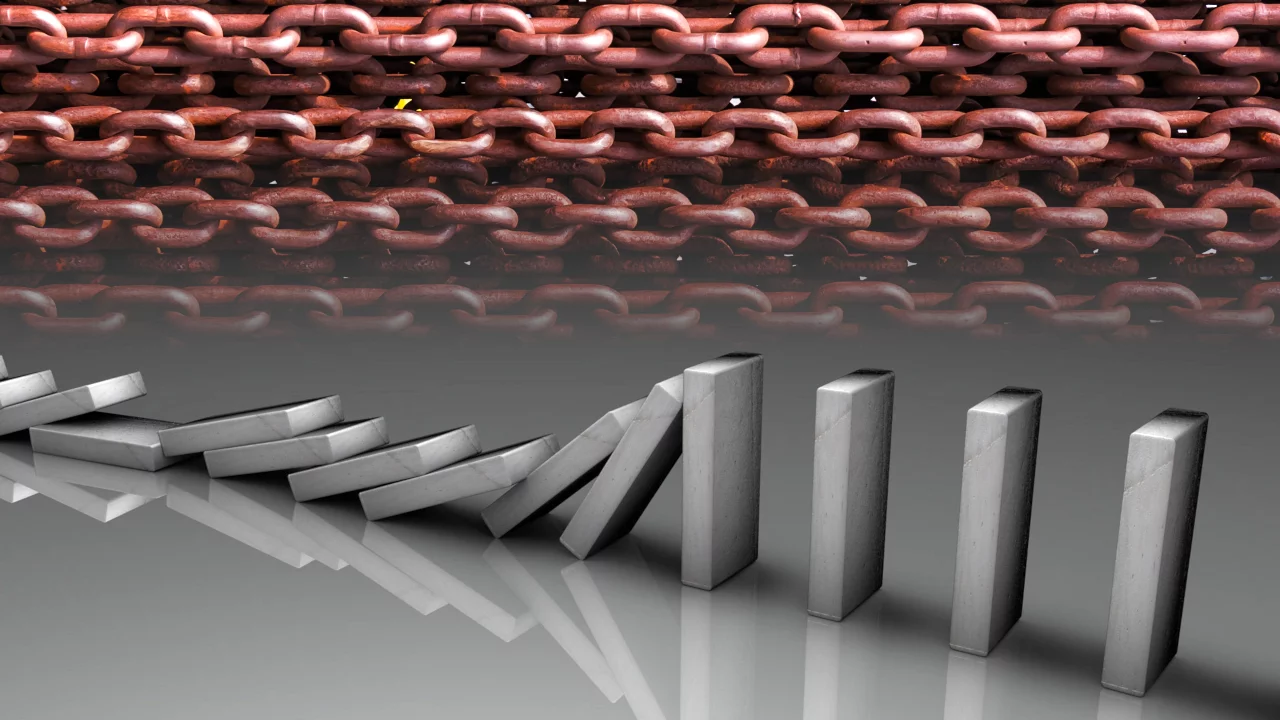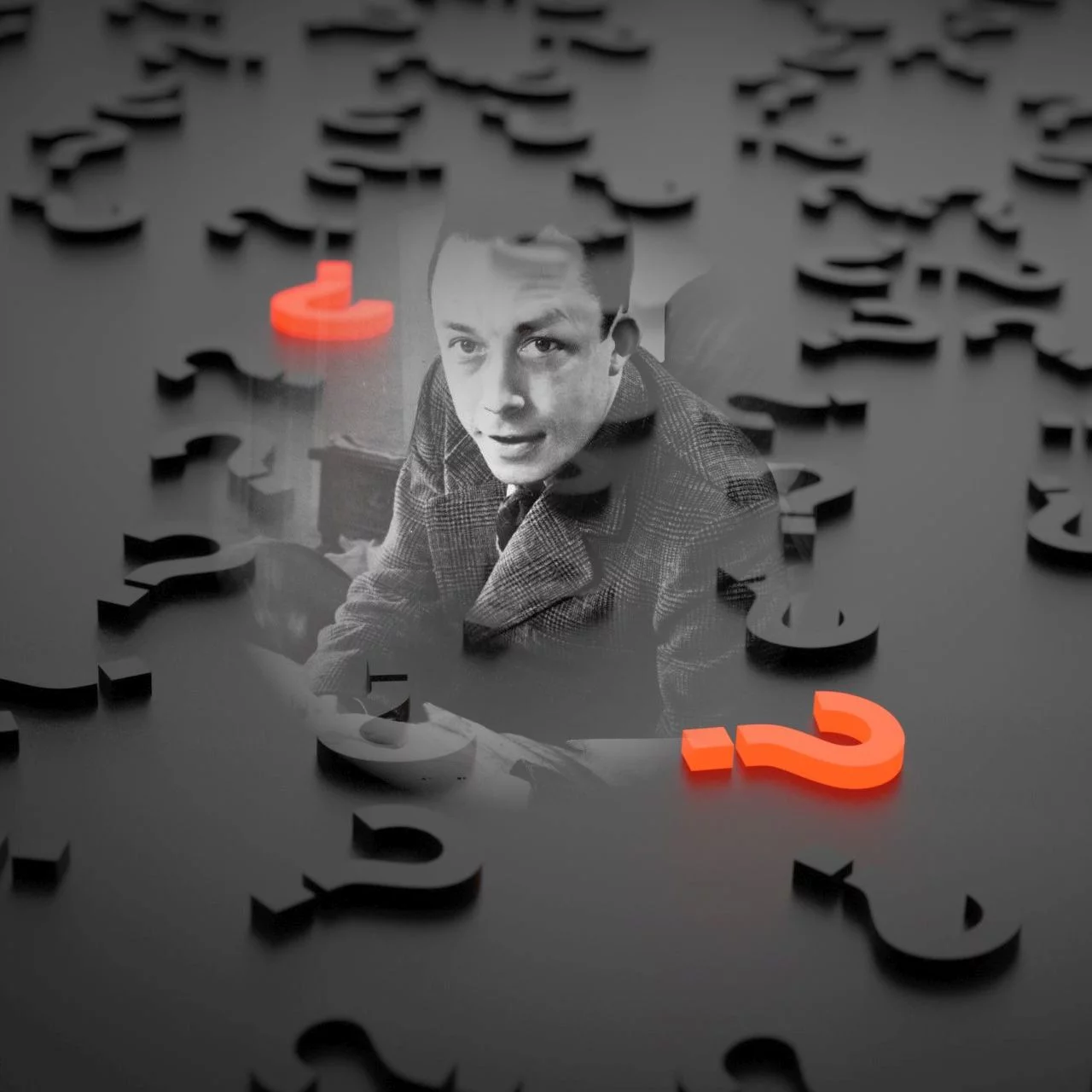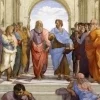The Difference Between Cause and Reason
What is the difference between reason and cause? Have you thought these are similar terms to explain something? Philosophically these two should be distinguished.

Contents
1. The temporal difference

The cause usually causes effect with a temporal difference. David Hume said,
For if one cause were co-temporary with its effect, and this effect with its effect, and so on, ’tis plain there wou’d be no such thing as succession, and all objects must be co-existent.[2]
For example, the cause “pushing a brick" precedes the result “the brick sliding down a slope". In this case, it is obvious which is the cause and which is the effect.
2. Irreversibility enables the succession
But in the case of two phenomena “the brick sliding down a slope" and “friction producing heat", they are simultaneous. Why is the former the cause and the latter the effect?
When the brick slides down the slope, the potential energy is transformed into the thermal as frictional heat but the converse is not true, namely the transformation of the thermal energy into the potential does not cause the brick to slide down. The causal relationship is based on this irreversibility of nature. It is also because time is irreversible that the effect cannot precede the cause.
3. The reason transcends the irreversibility
On the other hand, when you reason that this brick must have slid down the slope since the bottom of the brick is warm, the relation of reason (friction heat) and conclusion (the brick sliding down) is reverse to that of cause and effect. Of course, some reasoning regards a cause as the reason and an effect as the conclusion. This shows the causal relationship is bound to the irreversibility of nature, while the reasoning relationship is free from it.
How about the temporally differentiated causal relationship? Pushing the brick precedes it sliding down the slope. If you are asked why you push the brick, you will answer the reason, saying, In order to make the brick slide down the slope. Here the reason corresponds to the effect, while the means that is justified by the reason corresponds to the cause. If the motive first comes to mind and the means next, then the temporal order is also reverse to that of cause and effect.
The word reason also signifies our power of mind as opposed to sense. Reason tries to reason the reason, withstanding the irreversibility of time, namely the increase of entropy.
4. References
- ↑Allan Ramsay. “David Hume, 1711 – 1776. Historian and philosopher.” Licensed under CC-0.
- ↑David Hume:A Treatise Of Human Nature (A Treatise Of Human Nature, 1.3.2.; Author: David Hume; Publication Date: 1739-40; Publisher: Kessinger Publishing, LLC), 1.3.2.








Discussion
New Comments
No comments yet. Be the first one!